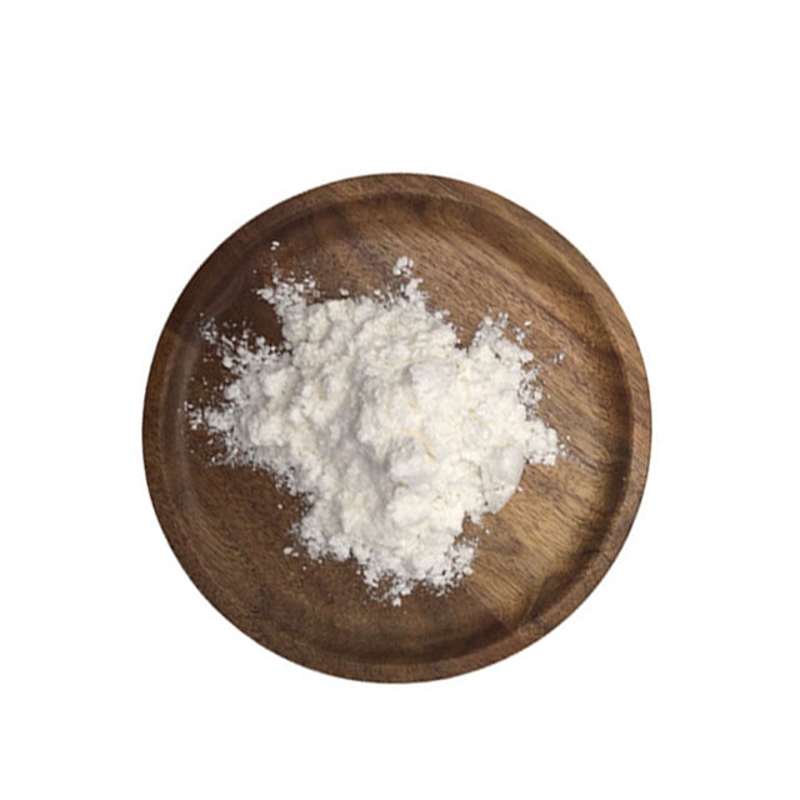-
Categories
-
Pharmaceutical Intermediates
-
Active Pharmaceutical Ingredients
-
Food Additives
- Industrial Coatings
- Agrochemicals
- Dyes and Pigments
- Surfactant
- Flavors and Fragrances
- Chemical Reagents
- Catalyst and Auxiliary
- Natural Products
- Inorganic Chemistry
-
Organic Chemistry
-
Biochemical Engineering
- Analytical Chemistry
- Cosmetic Ingredient
-
Pharmaceutical Intermediates
Promotion
ECHEMI Mall
Wholesale
Weekly Price
Exhibition
News
-
Trade Service
Lycopene is a cyclic linear carotenoid.
Many studies have shown that a large intake of tomatoes can reduce the incidence of cancer
Preventing lycopene can also inhibit proliferation and induce apoptosis,
1.
NF-kB regulation and so on
The antioxidant properties of lycopene can effectively "purify" a series of free radicals
Breast cancer cholesterol
Prostate cancer ranks second in cancer-related mortality in the United States
Current studies have found that several gene mutations are associated with the development of prostate cancer, and these mutations control cell differentiation and growth
Infect
4.
diagnosis
The Van Breemen team reported the results of a randomized controlled clinical trial that did not reveal the effect of lycopene on prostate-specific antigen (PSA) levels or the incidence of prostate cancer
The effect of lycopene on the level of prostate specific antigen (PSA) or the incidence of prostate cancer is not revealed
The Magbanua soft team conducted a randomized clinical trial on men with a lower risk of prostate cancer to evaluate gene expression and biological pathways after supplementation with lycopene, fish oil or placebo
In 3 randomized controlled clinical trials, 154 patients with prostate intraepithelial neoplasia or benign prostatic hyperplasia were evaluated for the role of lycopene in the prevention of prostate cancer
In 3 randomized controlled clinical trials, 154 patients with prostate intraepithelial neoplasia or benign prostatic hyperplasia were evaluated for the role of lycopene in the prevention of prostate cancer
A meta-analysis studied the effect of tomato-based product intake on reducing the risk of prostate cancer
A review reported that tomato intake or lycopene plasma levels were negatively correlated with cancer risk at specific anatomical sites
At present, a large number of epidemiological studies have reported the beneficial effects of fruits and vegetables rich in carotenoids in reducing cancer-related risks
The saint said, "Going to cure the disease
.
" We encourage increased consumption of healthy tomatoes and other products, which are delicious, beneficial and harmless
.
And tomato has long become the “emperor” of the world’s garden.
It is on the “best vegetables” list.
It is also one of the main foods of the Mediterranean diet
, which is known for its health .
Mediterranean diet
Leave a message here







